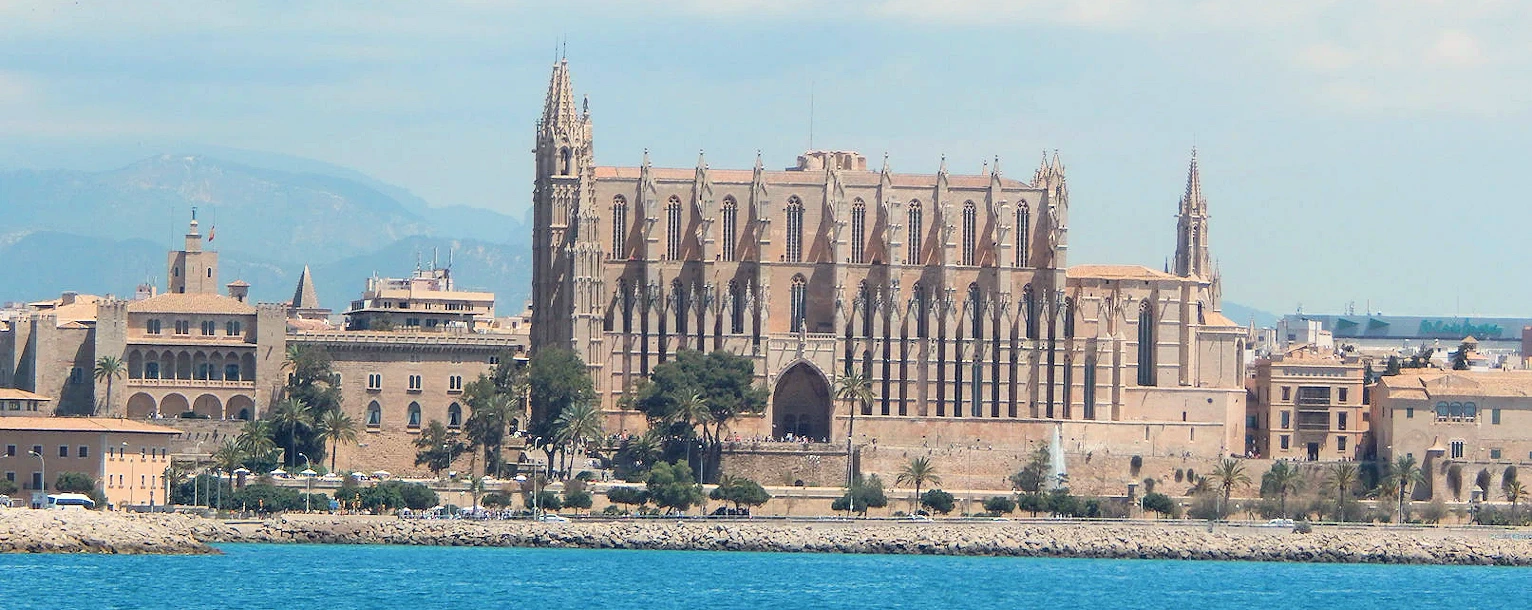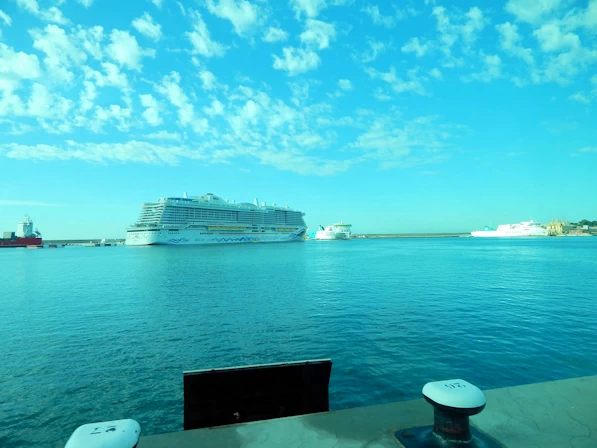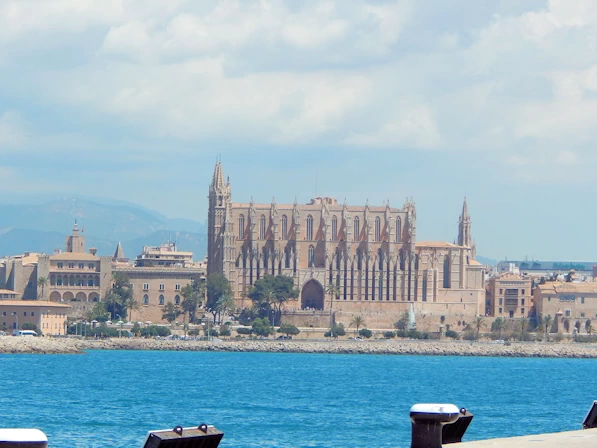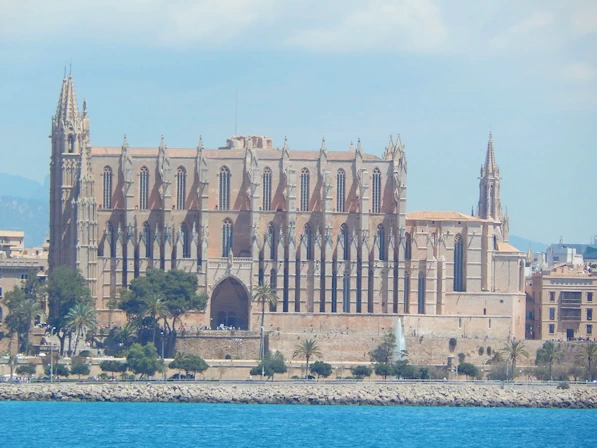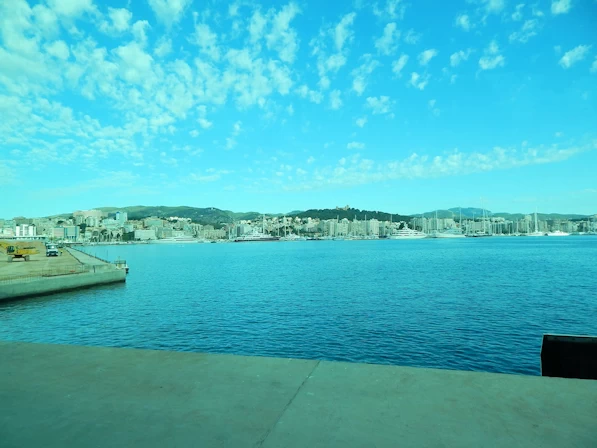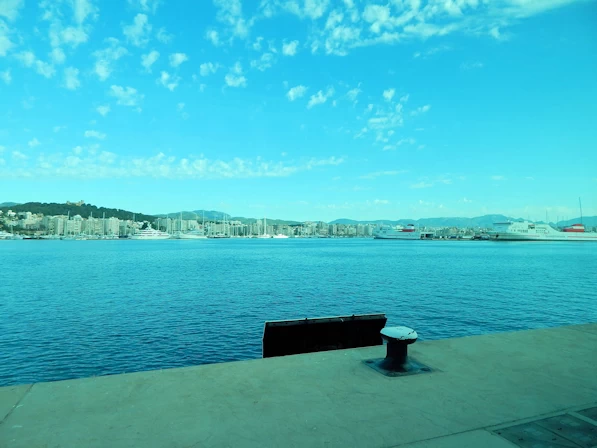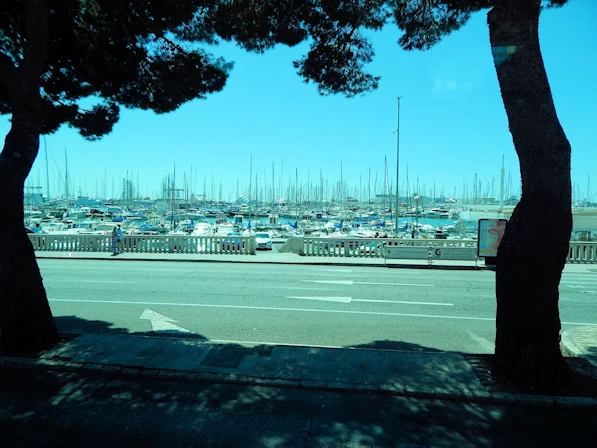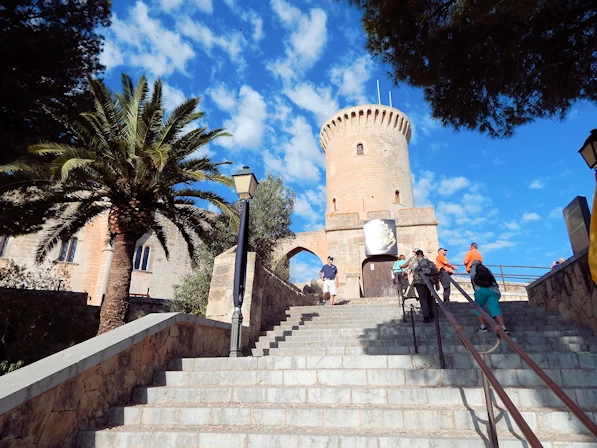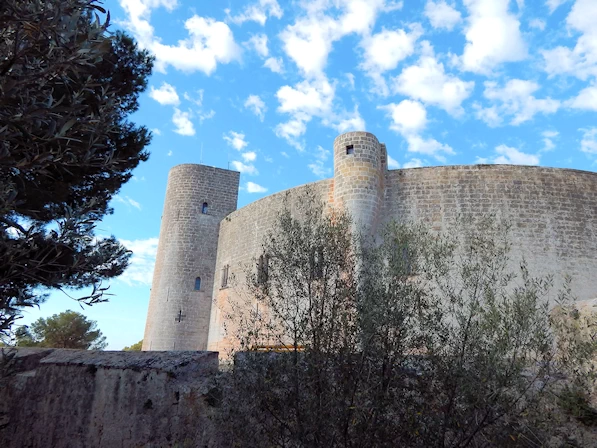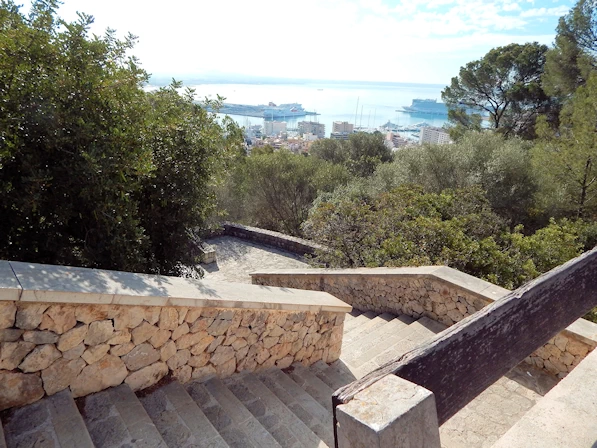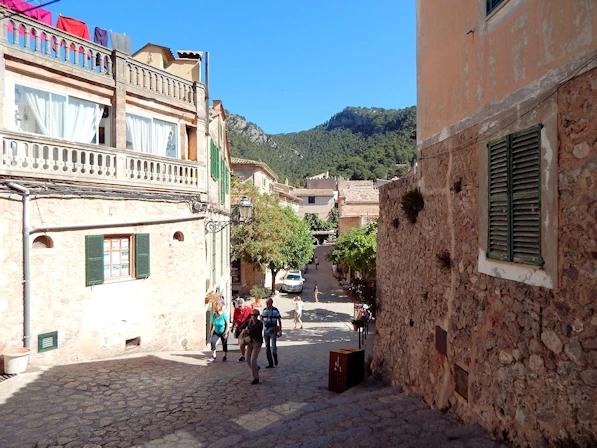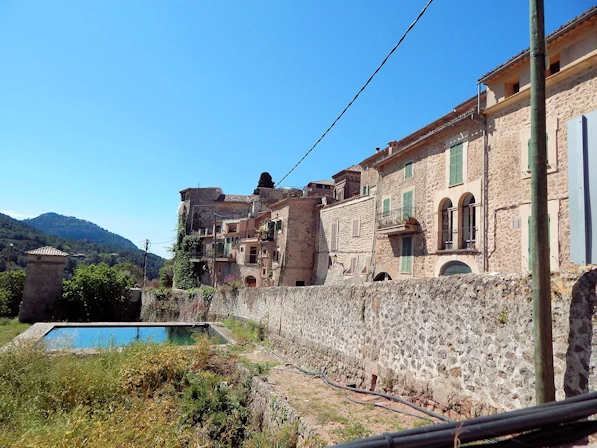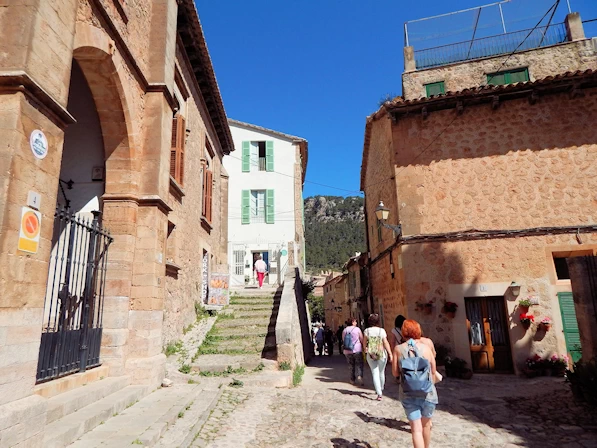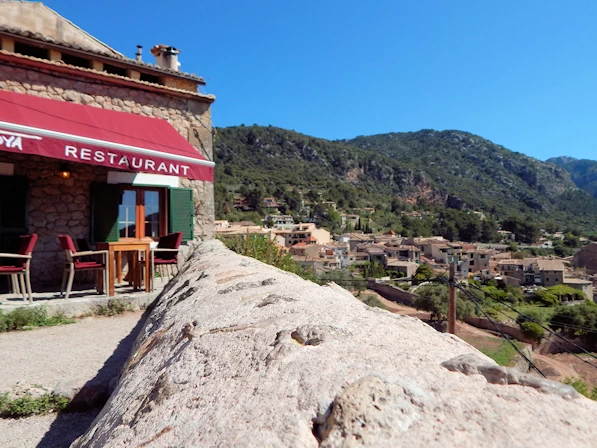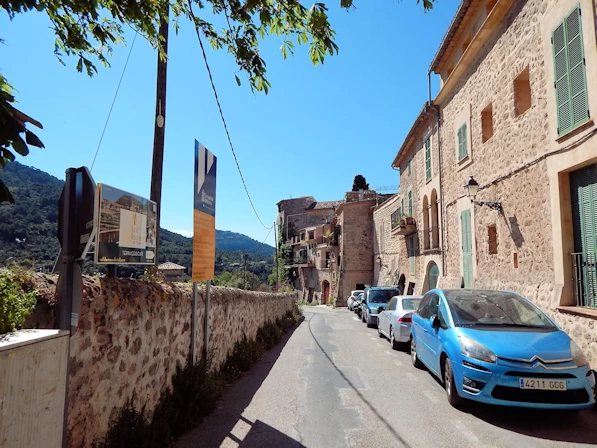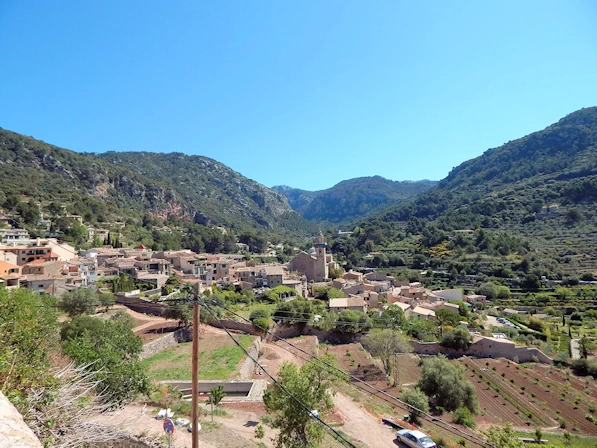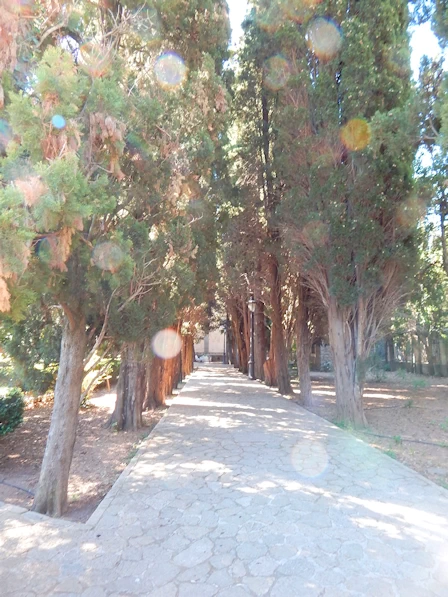Palma de Mallorca, Spain
Palma de Mallorca - Island Paradise with Gothic Beauty & Beaches
by Celeste Lipford and Terry Lipford - last updated on 1/7/2025
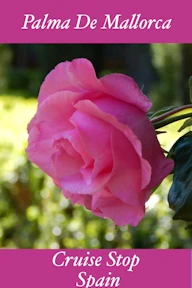
We were onboard the Norwegian Cruise Lines 'Epic' on a repositioning cruise from Port Canaveral, FL to Barcelona with various stops along the way - the sixth stop being Palma de Mallorca. The Epic arrived here early morning, and the views of the island and harbor were beautiful; sunny, clear and photogenic.
Mallorca is 5,130.5 sea miles from Port Canaveral and 334 sea miles from Cartagena. Since December 2016 Palma is the capital and largest city of the autonomous community of the Balearic Islands in Spain. It is situated on the south coast of Mallorca on the Bay of Palma. The Cabrera Archipelago, though widely separated from Palma proper, is administratively considered part of the municipality. As of 2018, Palma de Mallorca Airport serves over 29 million passengers per year.
Palma Quick History Lesson: Palma de Mallorca, the capital of the Balearic Islands, has a rich and diverse history dating back over 2,000 years. It was founded by the Romans in 123 BCE after they conquered the native Talayotic people. As a key Mediterranean port, Palma has seen various civilizations influence its development. Following Roman rule, the city was taken over by the Vandals and later the Byzantine Empire.
In 902 AD, the Moors conquered Palma, bringing Islamic culture, architecture, and advancements to the city. The Moors ruled until 1229 when King James I of Aragon captured the city during the Christian Reconquista, integrating Palma into the Kingdom of Mallorca. This period saw Palma grow into a significant trading hub in the Mediterranean, with Gothic-style landmarks like La Seu Cathedral and Bellver Castle being built.
In the following centuries, Palma experienced economic ups and downs but remained strategically important. In the 20th century, the rise of tourism transformed the city into one of Spain's most popular vacation destinations, celebrated for its historical architecture, vibrant culture, and stunning beaches. Today, Palma blends its ancient past with modern amenities, making it a dynamic city with a rich heritage
Interesting facts about Mallorca / Where is it? Map
- The name of the island comes from an old Latin phrase ‘insula maior’ that means ‘larger island’, as Mallorca is the largest island in all of Spain. Gradually the phrase was mispronounced and the island became known as Mallorca. The British often call the island Majorca, whilst everyone else calls it Mallorca.
- The island has been inhabited by humans since 7000 BC. Due to its significant geographic location in the middle of the Mediterranean, many armies have attempted to invade Mallorca. In 123 BC, the Romans claimed the island. The most famous invasion was that of King Jaime of Aragon in 1229, which was the start of the creation of Mallorca as we know it today.
- Artists and writers have been attracted to the dramatic and picturesque west coast of the island for many decades. Robert Graves, known as one of England’s greatest poets, was one of the first English to move to the island. He resided (& was buried) in the pretty mountain village of Deia, which has since become a hub for the creative crowd and celebrities.
- Tennis star Rafa Nadal was born in Manacor, and was trained on the island by his Uncle and family. In 2016 he opened the Rafa Nadal Tennis Academy in his hometown to allow young Mallorcans to pursue the sport whilst still completing their school studies.
- Porto Pí lighthouse is the 2nd oldest functioning lighthouse in Spain, and the third oldest functioning lighthouse in the world. To put that into context, there are over 19,000 documented lighthouses in the world. The lighthouse dates back to the year 1300 and can be seen today standing proud in Palma Harbour.
- Valldemossa was once the home of the renowned composer Chopin and his partner George Sand. Their time spent here left an enduring impact, inspiring Chopin’s musical compositions and forever linking Valldemossa’s allure to their artistic journey.

Exploring Mallorca
This was day 15 of our transatlantic cruise on the Norwegian Epic. The ship arrived in Palma de Mallorca harbor at 8AM, however, by this stage of the trip I was feeling bad with a cold that was causing coughing fits, sneezing, etc. Even though we had shore excursion tickets, I did not relish infecting everyone on the tour bus so I asked Celeste to go ahead on the tour without me.
As the Norwegian Epic entered the harbor, the Cathedral of Santa Maria of Palma (more commonly referred to as "La Seu Cathedral") was the first thing visible as it is so large. It turned out to be yet another Gaudi project!
Quick History Lesson
Palma's vast cathedral built on a previous mosque which was built atop an original Christian church. Although construction of the present Cathedral began in 1229, it did not finish until 1601. Local architect Antoni Gaudí was drafted in to restore the building in 1901. The Parc de la Mar (Park of the Sea) lies just south, overlooked by the great building which sits above it on the city's stone foundations.
The above info came from this Wikipedia Article.
More Info for Palma de Mallorca
- Palma de Mallorca Wikipedia Article:
- Palma de Mallorca Google Images Set:
- Google Reviews for Palma de Mallorca
Image Credits:
- All the above images (unless otherwise noted) are the property of Just Traveling Thru, LLC.
Bellver Castle Map
Bellver Castle: is a Gothic-style castle on a hill 3 km to the west of the center of Palma. It was built in the 14th century for King James II of Mallorca, and is one of the few circular castles in Europe - in fact, it was the first circular castle in Europe. First serving as the residence of the Kings of Mallorca, and afterward long used as a military prison throughout the 18th to mid-20th century, it is now under civilian control, being one of the main tourist attractions of the island, as well as the seat for the city's History Museum.
Quick History Lesson
The castle originally served as a residence for the Kings of Mallorca whenever they were not staying in mainland Europe, and was subsequently seldom used as a residence for viceroys during the 17th century. As a fortification, it suffered and successfully resisted two sieges during the Middle Ages; the first of them in 1343, during Peter IV of Aragon's campaign to reincorporate the Majorcan territories to the Crown of Aragon, and then again in 1391 during an anti-semitic peasant revolt. The castle has only fallen once in its history into enemy hands, in 1521 after an assault during the Majorcan seconds Revolt of the Brotherhoods.
The castle was usually governed by a Lord Warden. In 1408, King Martin I of Aragon gave the lordship of Bellver to the Charterhouse of Jesus of Nazareth in Valldemossa. Charles of Viana arrived in 1459 to take possession of both the island and the castle, as he had agreed with his father King John II of Aragon, even though finally the king did not grant the lordship or Bellver Castle.
More Info for Bellver Castle
Valldemossa Map
This is a village and municipality on the northwest side of Mallorca, 24 kilometers north of Palma Harbor. It is famous for one landmark: the Royal Charterhouse of Valldemossa, built at the beginning of the 14th century, when the mystic and philosopher Ramon Llull lived in this area of Majorca.
Since the 19th century Valldemossa has been promoted internationally as a place of outstanding beauty, largely as a result of the affection of distinguished traveller and cultural writer, the Austrian Archduke Ludwig Salvator.
The village is renowned for its rich history, most notably the famous visit of composer Frédéric Chopin and writer George Sand in the 19th century, who sought refuge in Valldemossa's monastery. Today, the former monastery has been transformed into a museum, allowing visitors to explore the cells where Chopin composed some of his masterpieces. Valldemossa also boasts quaint cafes, artisanal shops, and stunning viewpoints that offer panoramic vistas of the Mediterranean Sea. The village is an ideal destination for nature lovers, hikers, and those seeking an authentic Spanish experience. With its timeless charm and serene atmosphere, Valldemossa captivates the hearts of all who visit.
More Info for Valldemossa
Image Credits:
- All the above images (unless otherwise noted) are the property of Just Traveling Thru, LLC.
Some Useful Links for Mallorca
- Just Traveling Thru European Travel Tips
- Just Traveling Thru Travel Planning Tips
- Mallorca History on the 'Britannica' site
- Discovering Palma on the 'See Mallorca' site
- 12 Top-Rated Tourist Attractions in Mallorca on the 'Planetware' site
- 20 Must-Visit Attractions in Mallorca on the 'Culture Trip' site
- Google Search Results list for "Palma Restaurants"
- Google Search Results list for "accommodations in Palma"
- Amazon Search Results list for "Mallorca Spain"
- Youtube Search Results list for "Mallorca Spain"
- Things to do in Palma de Mallorca on the "Get Your Guide" site
- Visit our Youtube Channel
You should be aware that Norwegian Cruise Lines (NCL) varies where their ships go, as well as what ships they will reposition. To determine where NCL is sending what ships, you should visit their website. Our list of ports below, is based upon what the "Epic" did when we were onboard in 2019.
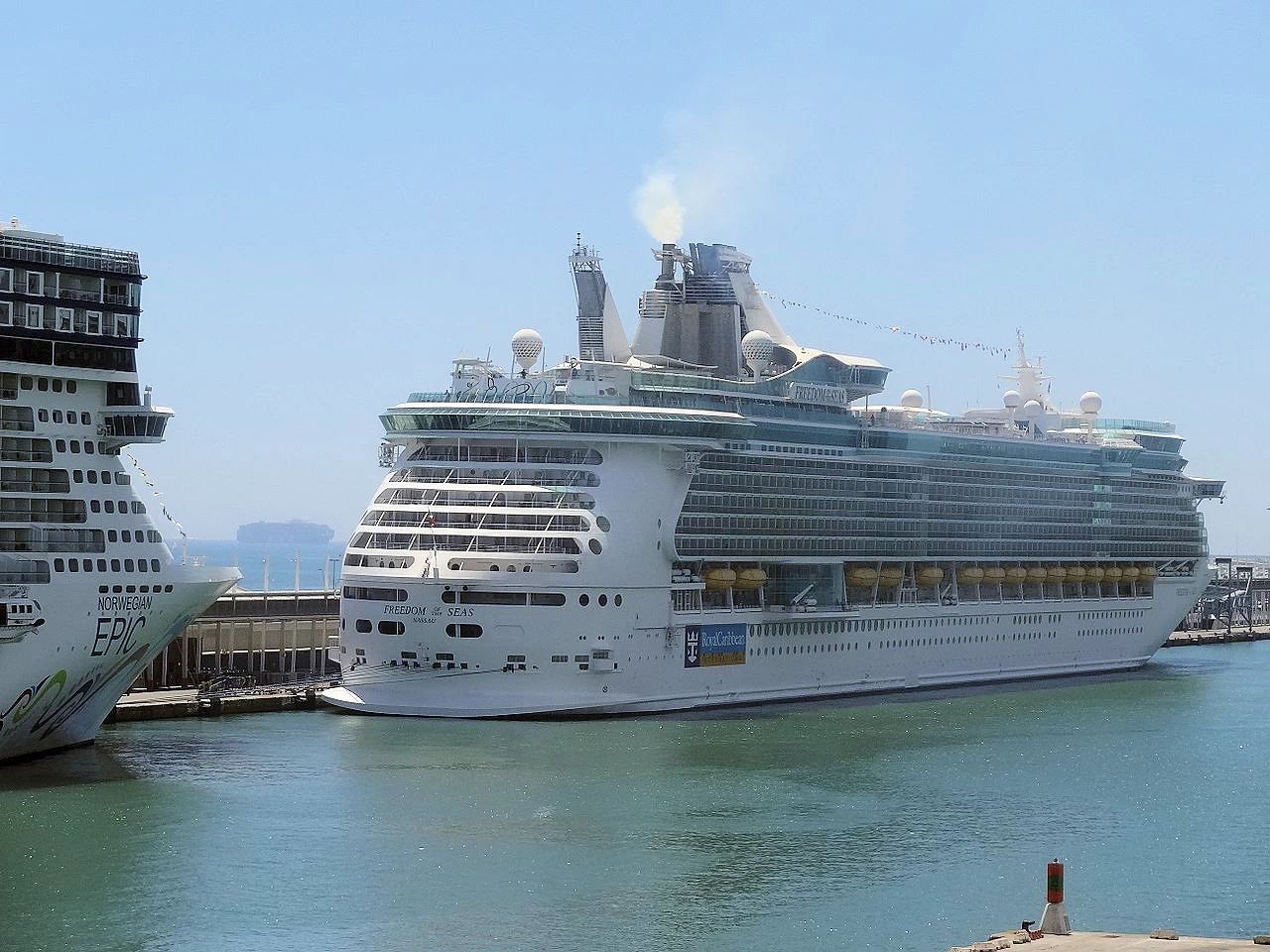
Norwegian 'Epic' Cruise Overview
Click here to read more on our Cruise Overview Page
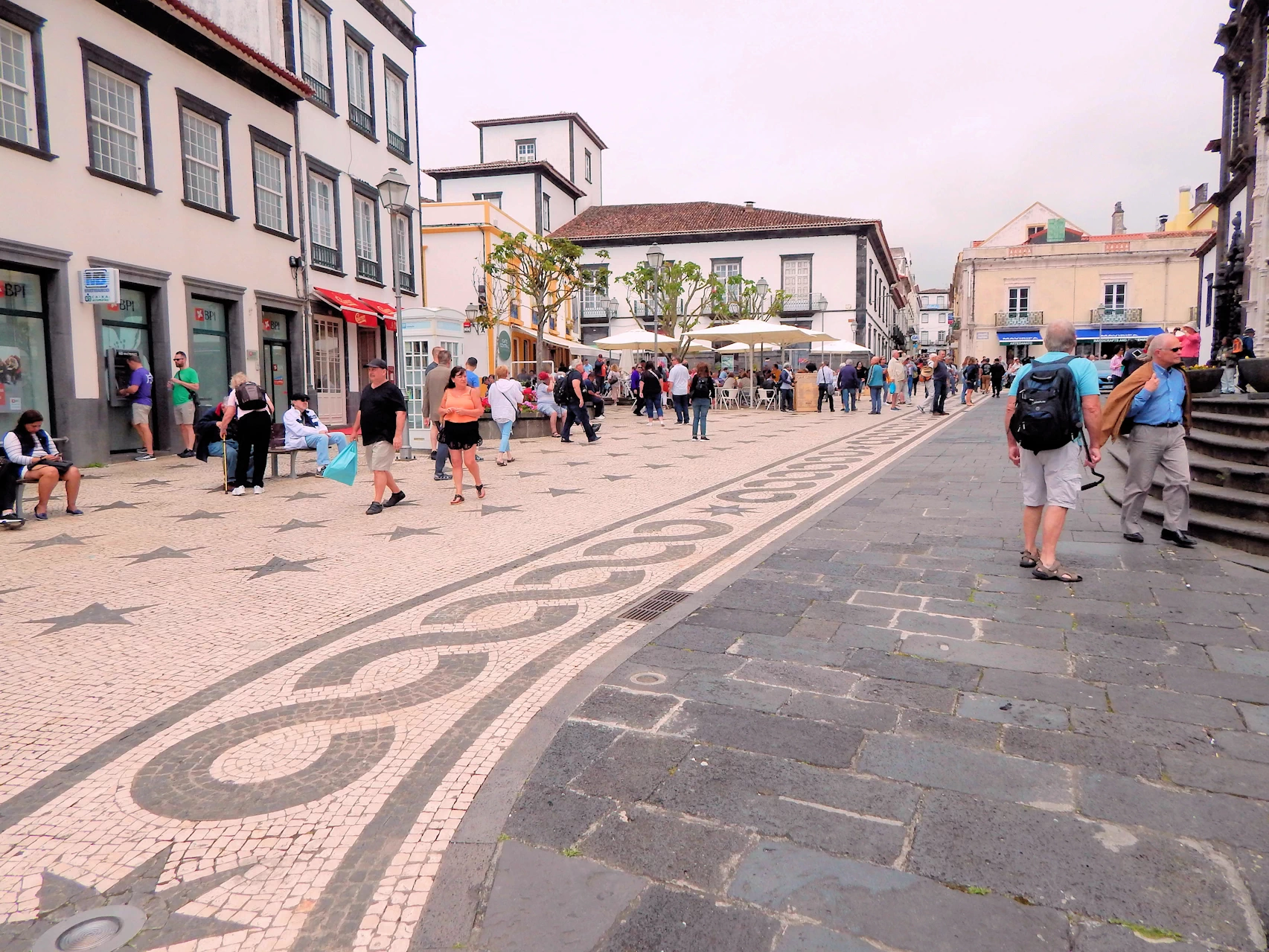
Ponta Delgada, Portugal
Click here to read more on our Ponta Delgada Page
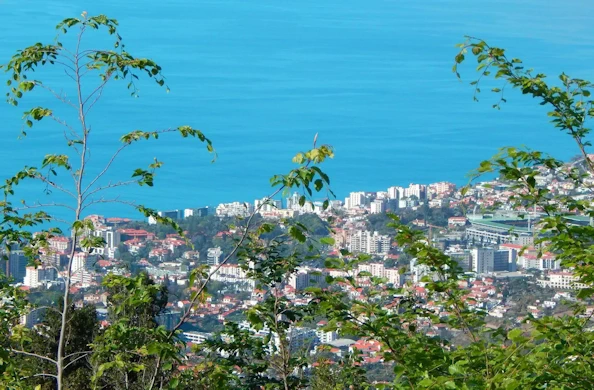
Funchal Madeira Portugal
Click here to read more on our Funchal Page
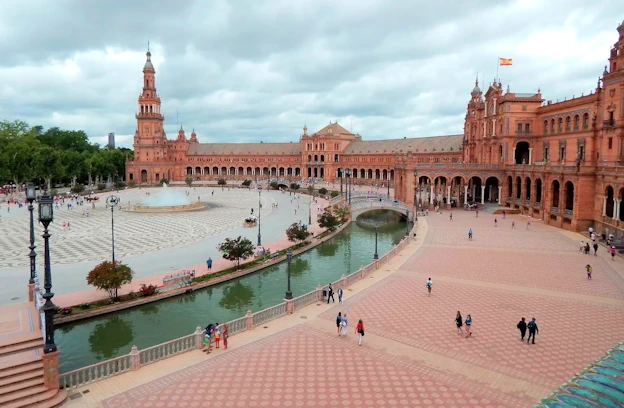
Cadiz/Seville, Spain
Click here to read more on our Cadiz/Seville Page
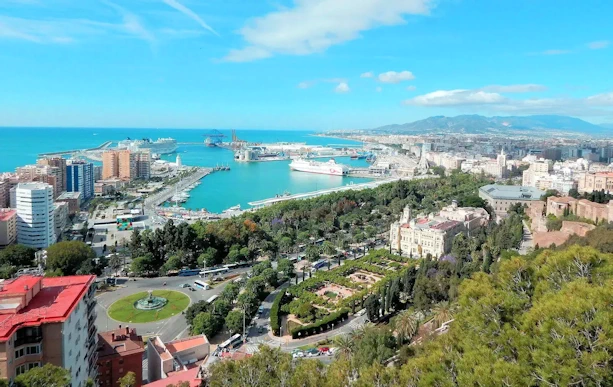
Malaga, Spain
Click here to read more on our Malaga Page
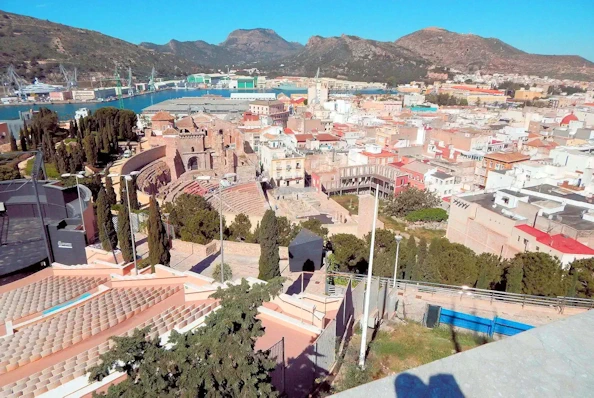
Cartagena, Spain
Click here to read more on our Cartagena Page
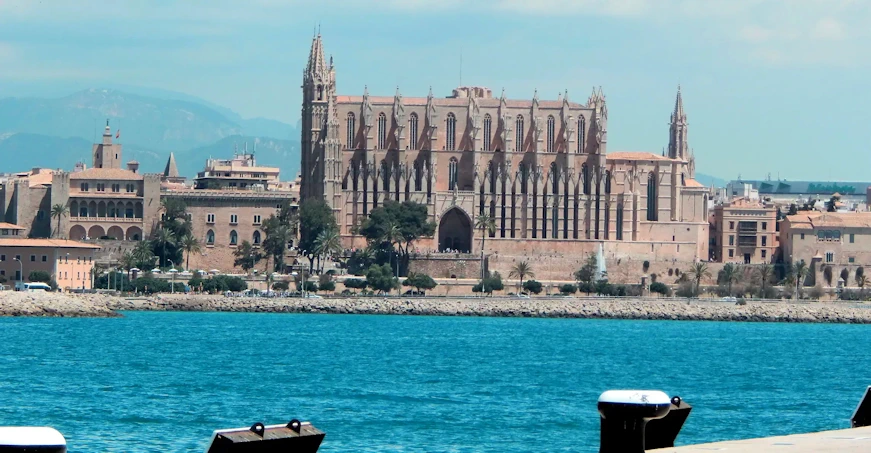
Mallorca, Spain
Click here to read more on our Mallorca Page
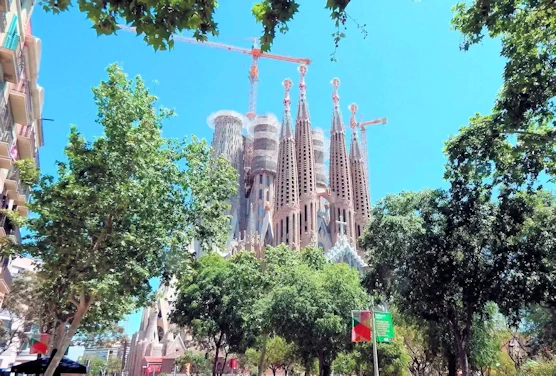
Barcelona, Spain
Click here to read more on our Barcelona Page
Note: All images featured on this page are the exclusive property of Just Traveling Thru, LLC, unless otherwise stated. When images from external sources are used, full credit is given to the original creator, along with a link to the specified license or usage terms. We are committed to respecting copyright and intellectual property rights, ensuring that all third-party images are properly attributed. If you have any questions regarding image ownership or usage rights, please feel free to contact us.
To review any of our content, make suggestions and/or comments, please click the "About" menu link at the top of this page. You will find our "Contact Us" link on that drop-down menu.

